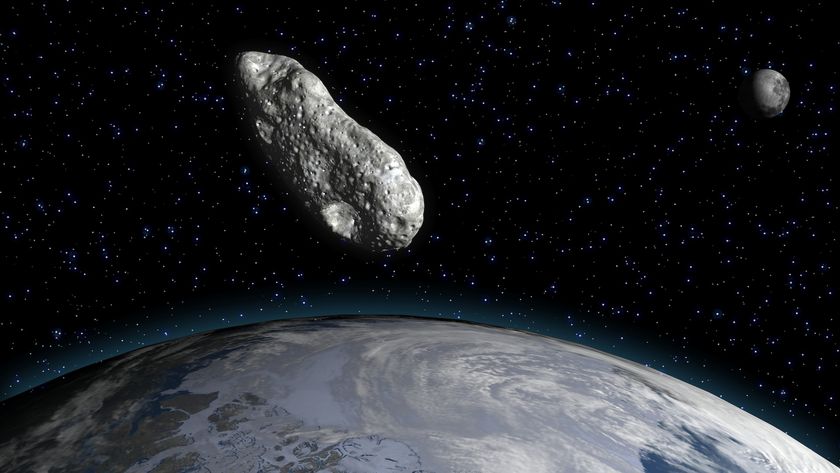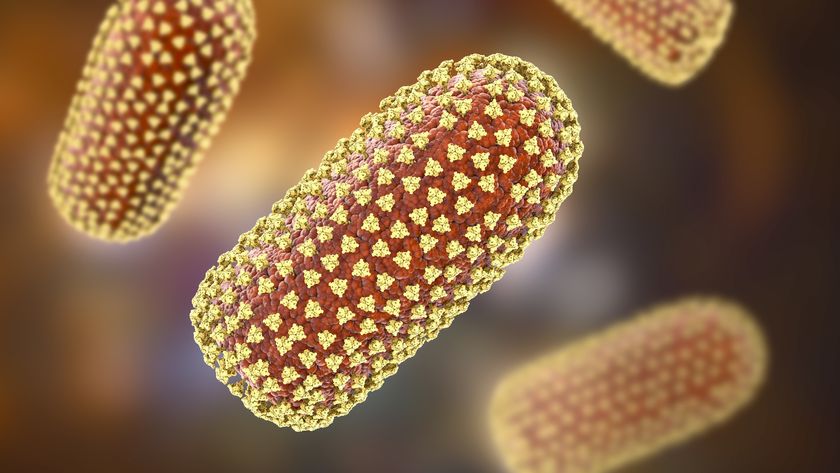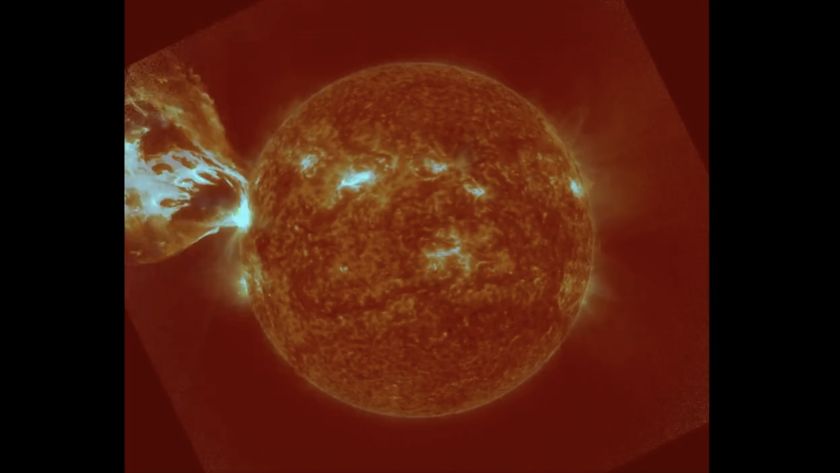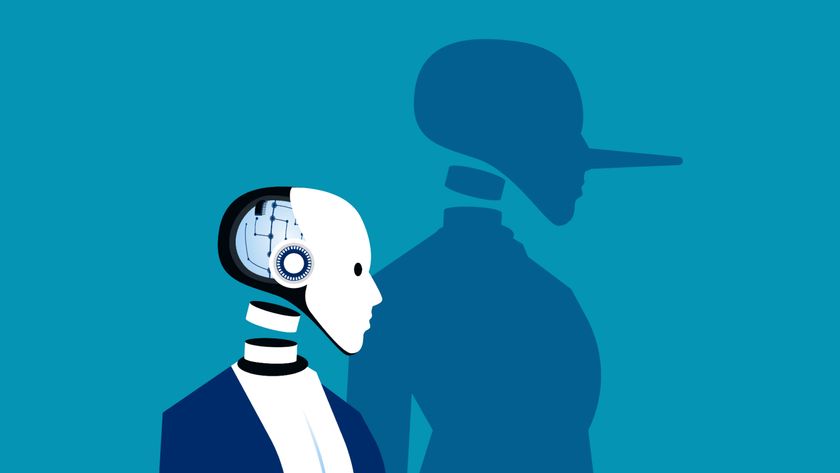The Raw Food Diet: A Raw Deal
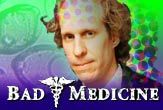
American ingenuity has found one solution to the energy crisis: food you never need to cook. There's no need for fuel when everything you eat---from salad to, well, more salad—is served up at piping room temperature.
I'm speaking of the raw food diet, for those who find the vegan lifestyle of no animal food products far too opulent. This is particularly popular in, where else, California, yet it's making its way across the country.
On one level, the raw diet has much going for it. Hardly anyone on this diet is overweight. With mostly fresh vegetables, fruits, nuts, seeds and sprouted beans, the diet is low in fat and high in nutrients. Some followers believe the raw lifestyle can prevent or cure cancer; and it has high-profile adherents, such as Apple CEO Steve Jobs, who was diagnosed with pancreatic cancer a few years ago.
One another level, this is just whacked.
Natural: A dangerous word
Like many alternative diets, the raw food diet is grounded on a few solid principles. Americans eat too much processed food; and fresh, minimally prepared food is more nutritious. Blackened food, that delicious charbroiled taste, can cause cancer in the long run. But on closer examination, the raw diet makes little sense biologically.
A primary claim among raw food advocates is that the raw diet is a natural diet.
Sign up for the Live Science daily newsletter now
Get the world’s most fascinating discoveries delivered straight to your inbox.
After all, no other animal cooks its food, and humans only started cooking after the domestication of fire. But "natural" is always a dangerous word. Humans have evolved to eat and survive on a wide range of diets. The Inuit have survived thousands of years almost entirely on a diet of raw fish and meat. Some cultures, conveniently in regions of prolonged growing seasons, shun all meat as unnatural.
That said, humans have always eaten some cooked food. So, too, do many land animals; and so did our human ancestors. How? Largely in the form of roasted grasshoppers or other small critters caught in forest fires and brushfires. Fire foraging was quite natural and helped secure our survival. This is how we developed the taste for cooked food.
Cooking up claims
Another main claim by raw food advocates is that heat (from cooking) destroys enzymes in the food. Enzymes are proteins that serve as catalysts for specific biochemical reactions in the body. There are indeed many forms of enzymes. There are plant enzymes, digestive enzymes and metabolic enzymes, for example. And, yes, heat can destroy enzymes.
But plant enzymes, which raw dieters wish to preserve, are largely mashed up with other proteins and rendered useless by acids in the stomach. Not cooking them doesn't save them from this fate. Anyway, the plant enzymes were for the plants. They helped with the plants' growth, and they are responsible for the wilting and decomposition of plants after they are harvested. They are not needed for human digestion. Human digestive enzymes are used for human digestion.
Raw foods certainly aren't safer than cooked food, as some claim. Most commercial chicken and a good deal of beef and pork, sadly, are loaded with bacteria and parasites. Cooking kills this, unless the meat is rancid. Major and surprising sources of food-borne illness, however, are raw sprouts, green onions and lettuce. These must be washed thoroughly before consumption. Raw (unpasteurized) milk is dangerous and mostly illegal to buy; trust your source. Raw (sprouted) kidney beans and rhubarb are poisonous.
Despite major flaws in the raw diet philosophy, one needs to question why a so-called natural diet leaves the dieter dependent on pills for B12 (impossible to get without animal products, such as meat or eggs) or zinc (very hard to get on a raw diet).
A healthier idea
Amusingly, the raw diet pits one questionable food philosophy against another, the macrobiotic diet. The macrobiotic diet emphasizes locally grown whole grains, vegetables, seaweeds and soy products. Cooking, based on seasons, is essential to bring out the energy in the food. Like the raw food diet, adherents believe a macrobiotic lifestyle can prevent and even cure cancer, and this was promoted in the United States by Aveline Kushi, who died of cancer.
The macrobiotic people got it right, though. While cooking can destroy vitamin C, it helps with the absorption of carotenoids such as beta-carotene and other nutrients. This is why the macrobiotic diet and most nutritionists recommend a mix of some raw products with cooked food.
The macrobiotic diet is one of the healthiest around, actually, despite the strange philosophical baggage that accompanies it. And Americans would be a far healthier lot if we subscribed to it to some degree.
Similarly, we should welcome the take-home message of the raw food diet: Eating fresh vegetables, sprouts, nuts and seeds is good for you. But lighten up and light up the stove.
Christopher Wanjek is the author of the books “Bad Medicine” and “Food At Work.” Got a question about Bad Medicine? Email Wanjek. If it’s really bad, he just might answer it in a future column. Bad Medicine appears each Tuesday on LIveScience.
Related Stories
- The Biggest Popular Myths
- Scientists Developing 'Invisible Diet'
- Bacteria Thrive in Hostile Human Bellies
- When Healthy Food is Not
More Bad Medicine
- 16 Organic Apples and a Gallon of Gas
- Liposuction, The Gift That Sucks
- Newborn Screening: Birth Right or Something to Fight?

Christopher Wanjek is a Live Science contributor and a health and science writer. He is the author of three science books: Spacefarers (2020), Food at Work (2005) and Bad Medicine (2003). His "Food at Work" book and project, concerning workers' health, safety and productivity, was commissioned by the U.N.'s International Labor Organization. For Live Science, Christopher covers public health, nutrition and biology, and he has written extensively for The Washington Post and Sky & Telescope among others, as well as for the NASA Goddard Space Flight Center, where he was a senior writer. Christopher holds a Master of Health degree from Harvard School of Public Health and a degree in journalism from Temple University.


